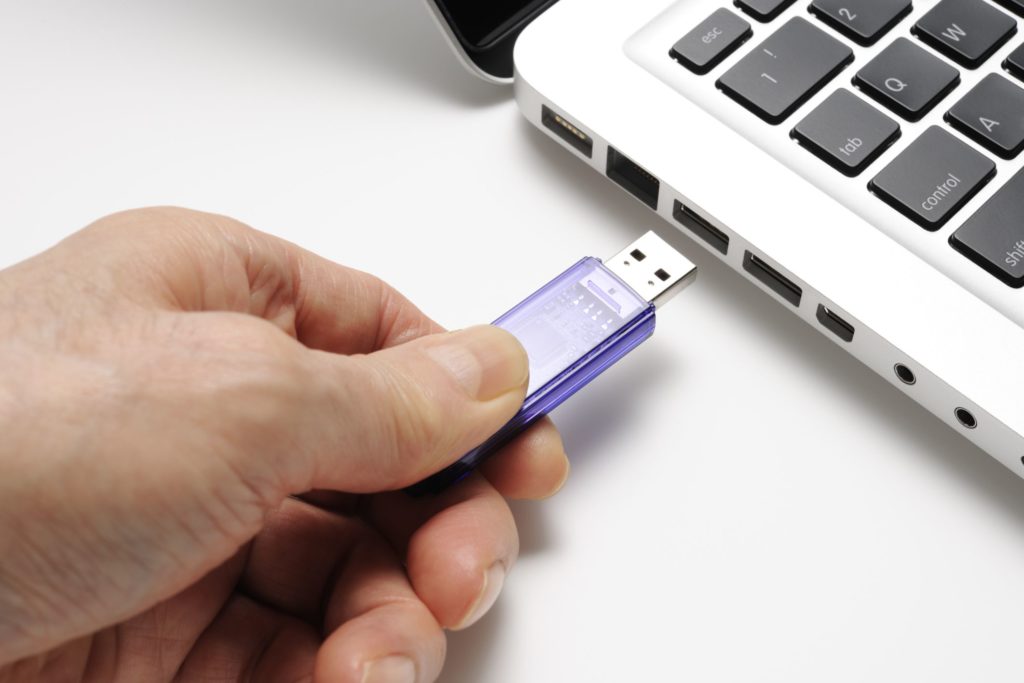A flash drive is a small and extremely portable storage device that has no moving parts, unlike traditional hard drives.
These devices connect to computers and other devices with USB ports, making the flash drive a combination of a cable and USB device.
Many also often refer to custom flash drive storage devices as jump drives, pen drives, or thumb drives, and occasionally USB drive and solid state drive (SSD) are used to describe them, though the latter two terms are typically reserved for larger storage devices.
How to Use Flash Drives
If you want to use a flash drive, simply plug it into a free USB port on a laptop or desktop computer. Most computers will indicate when a device is inserted along with the contents stored on it. However, different operating systems will allow for different types of functionality.
Choose from Different Sizes
A majority of flash drives have data storage capacities of anywhere from 4 GB to 128 GB. Smaller and larger flash drives are also available in some places, but they can be difficult to find.
Writing and Rewriting for Data Storage
Similar to traditional hard drives, flash drives can be written and rewritten an unlimited amount of times depending on what you want stored or erased. These devices are designed to allow you to store most types of files, whether you need to store Word documents, movie files, .mp3s, or even applications.
Smaller flash drives are ideal for temporary storage of files, along with transportation between devices, while larger flash drives are ideal for larger files and applications that you need to run on a computer or other device.
Keep in mind that you can run flash drives on many types of devices beyond computers. Today, smart TVs and video game consoles are typically compatible with USB drives, playing certain media from them such as films and music.
Keeping Flash Drives Secure
One of the biggest issues revolving around flash drive data storage today is security. People need to be able to make sure that all stored files are consistently safe from theft and exploitation by unauthorized third parties.
Thankfully, many contemporary flash drive devices feature encryption and other security measures such as password protection to keep your data safe in the event of a lost or stolen flash drive. You won’t need to worry about the integrity of your files and sensitive data with many of today’s high-end security implementations.
Still Among the Most Reliable Data Storage Devices
While flash drives have long since replaced floppy discs and CDs as the most popular storage device, we’re unlikely to see anything else come along to surpass them. Today, you’re still better off using a flash drive to store data over any other type of portable device, whether for use as permanent or temporary storage. Depending on the size, you can fit most types of data on these devices without worrying about damage from falling, or certain security issues that might otherwise compromise your data.

